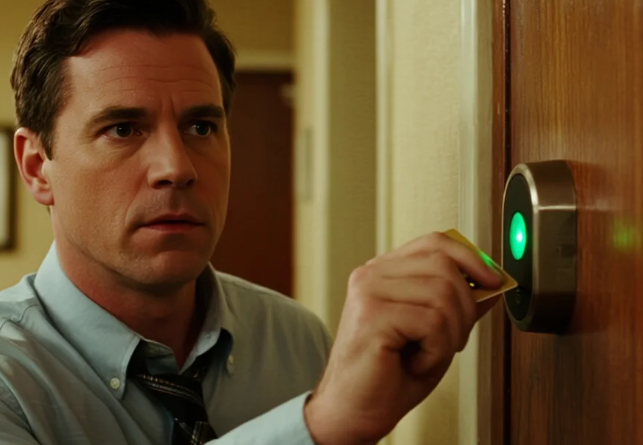Overcoming Procrastination in College: Student Stories
Procrastination is a common issue among college students,often leading to stress,poor academic performance,and missed opportunities.This article shares inspiring stories of students who have successfully overcome procrastination,providing valuable insights and strategies for others facing similar challenges.
Student Story 1: Sarah's Journey to Time Management
Background
Sarah,a second-year student,struggled with procrastination throughout her first year of college.She often found herself cramming for exams and submitting assignments at the last minute,which affected her grades and overall well-being.
Strategies Employed
Sarah started by setting clear goals and breaking down tasks into smaller,
manageable steps.She also began using a planner to schedule her study time and track her progress.Additionally,Sarah implemented the Pomodoro Technique,which involves working in short,focused intervals with regular breaks,to maintain her concentration.Results and Lessons Learned
By the end of her second year,Sarah's grades had significantly improved,and she felt more in control of her time.She learned the importance of planning,prioritizing,and taking regular breaks to maintain productivity and avoid burnout.
Student Story 2: Alex's Experience with Accountability Partners
Background
Alex,a third-year student,had a habit of procrastinating on group projects,which strained his relationships with his teammates and affected his academic performance.
Strategies Employed
To overcome this issue,
Alex and his teammates decided to form an accountability group.They met regularly to discuss their progress,set deadlines for individual tasks,and provide support and encouragement to each other.Results and Lessons Learned
The accountability group helped Alex stay on track and complete his share of the work on time.He learned the value of teamwork,communication,and mutual support in overcoming procrastination and achieving academic success.
Student Story 3: Emily's Battle with Perfectionism
Background
Emily,a fourth-year student,was a perfectionist who often procrastinated because she felt her work was never good enough.This led to unnecessary stress and delayed assignments.
Strategies Employed
Emily sought help from a counselor who helped her understand the difference between striving for excellence and being a perfectionist.
She learned to set realistic goals,accept that mistakes are a part of the learning process,and focus on progress rather than perfection.Results and Lessons Learned
By changing her mindset and focusing on progress,Emily was able to complete her assignments more efficiently and with less stress.She learned that perfection is not always attainable,and that it's more important to do her best and learn from her experiences.
Student Story 4: Kevin's Use of Technology to Stay on Track
Background
Kevin,a first-year student,was easily distracted by his phone and social media,which led to frequent procrastination and poor time management.
Strategies Employed
To address this issue,Kevin started using productivity apps to block distracting websites and set time limits for using his phone.
He also set specific times for checking social media and focused on developing a daily routine that included dedicated study time.Results and Lessons Learned
By using technology to his advantage and establishing a routine,Kevin was able to stay focused and manage his time more effectively.He learned that it's possible to use technology as a tool for productivity rather than a source of distraction.
Student Story 5: Maria's Approach to Self-Care and Motivation
Background
Maria,a fifth-year student,often procrastinated because she felt overwhelmed by her workload and lacked motivation.
Strategies Employed
Maria decided to prioritize self-care and incorporate activities she enjoyed into her daily routine.She started exercising regularly,practicing mindfulness,and setting aside time for hobbies and socializing with friends.
Results and Lessons Learned
By focusing on self-care and maintaining a balanced lifestyle,Maria found that her motivation and energy levels improved.She learned that taking care of her physical and mental well-being is crucial for staying focused and overcoming procrastination.
Conclusion
These student stories demonstrate that overcoming procrastination is possible with the right strategies and mindset.By setting clear goals,using technology wisely,prioritizing self-care,and seeking support when needed,students can improve their time management and academic performance,leading to a more fulfilling college experience.






























Comments (0)
Leave a Comment